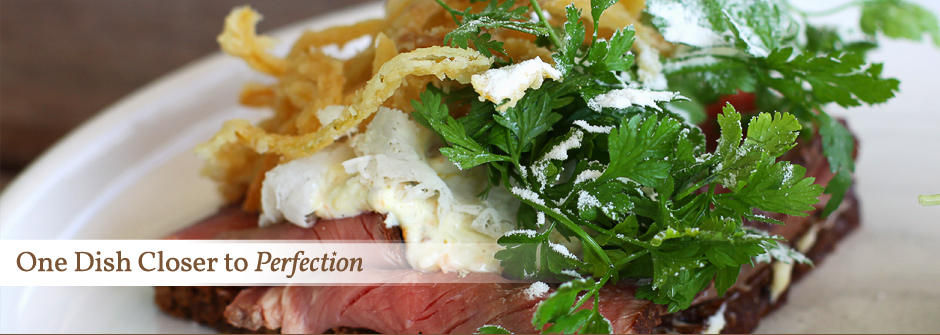An excerpt from Silvena Rowe's Purple Citrus & Sweet Perfume
 Wednesday, August 22, 2012 at 12:50AM
Wednesday, August 22, 2012 at 12:50AM  The Ottomans, open to all the sensory delights, were absolutely crazy about haute cuisine, and the vastness of their kitchens almost defies comprehension. Housed under 10 domes, at their height the Topkapi kitchens employed 1,300 staff. Hundreds of cooks, specialising in different categories of dishes - soups, pilafs, kebabs, vegetables, fish, breads, pastries, sweets, helva, syrups, jams and beverages - fed, on feast days and special celebrations, as many as 10,000 people a day. The Sultan had his own personal staff of seventeen speciality chefs and still more for his family. His food was prepared with great ceremony, and never consisted of fewer than twenty separate dishes. Each dish was brought in one at a time, covered and sealed with a ribbon to prevent it from being poisoned.
The Ottomans, open to all the sensory delights, were absolutely crazy about haute cuisine, and the vastness of their kitchens almost defies comprehension. Housed under 10 domes, at their height the Topkapi kitchens employed 1,300 staff. Hundreds of cooks, specialising in different categories of dishes - soups, pilafs, kebabs, vegetables, fish, breads, pastries, sweets, helva, syrups, jams and beverages - fed, on feast days and special celebrations, as many as 10,000 people a day. The Sultan had his own personal staff of seventeen speciality chefs and still more for his family. His food was prepared with great ceremony, and never consisted of fewer than twenty separate dishes. Each dish was brought in one at a time, covered and sealed with a ribbon to prevent it from being poisoned.
Following the example of the Palace, all the grand Ottoman houses boasted elaborate kitchens and competed in preparing feasts for each other as well as for the general public. In fact, in each neighbourhood at least one household would open its doors to anyone who happened to stop by for dinner during the holy month of Ramadan, or during other festive occasions. So it was that the cuisine evolved and spread, even to the most modest corners of the Eastern Mediterranean.
Rowe, C. 2010. Purple Citrus & Sweet Perfume. Hutchinson: London.
 Vix |
Vix |  Post a Comment |
Post a Comment |  Excerpt
Excerpt 
Reader Comments